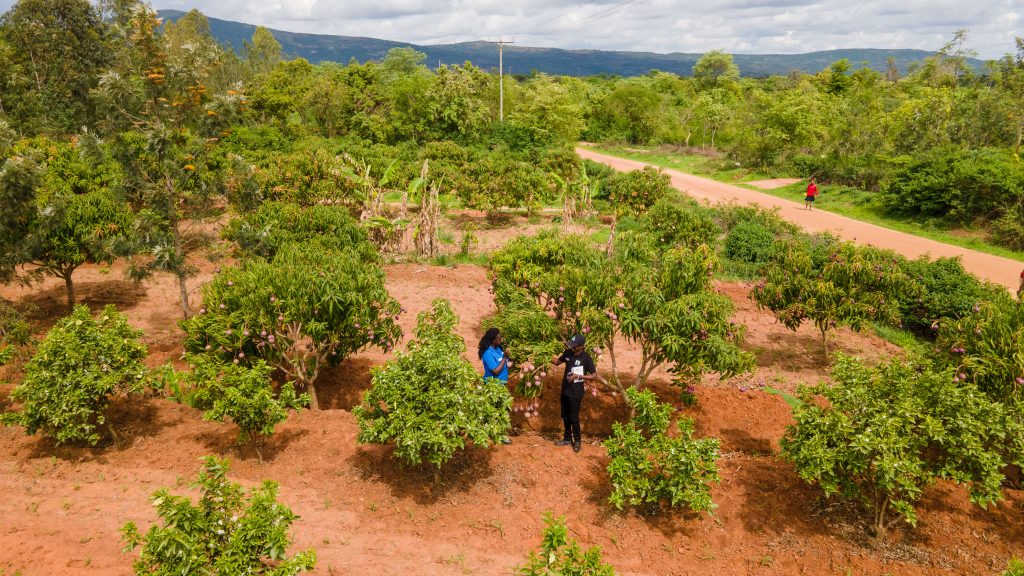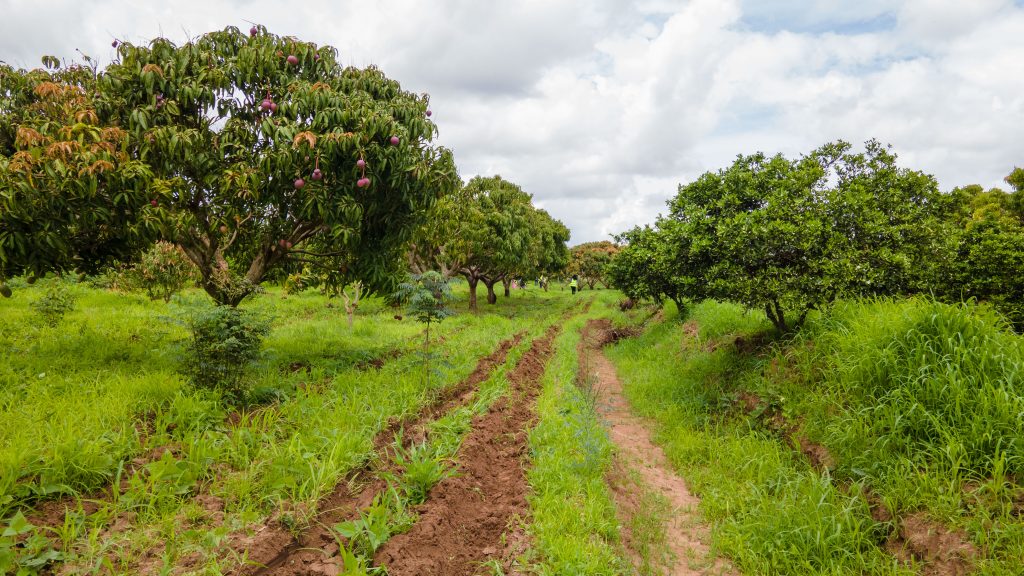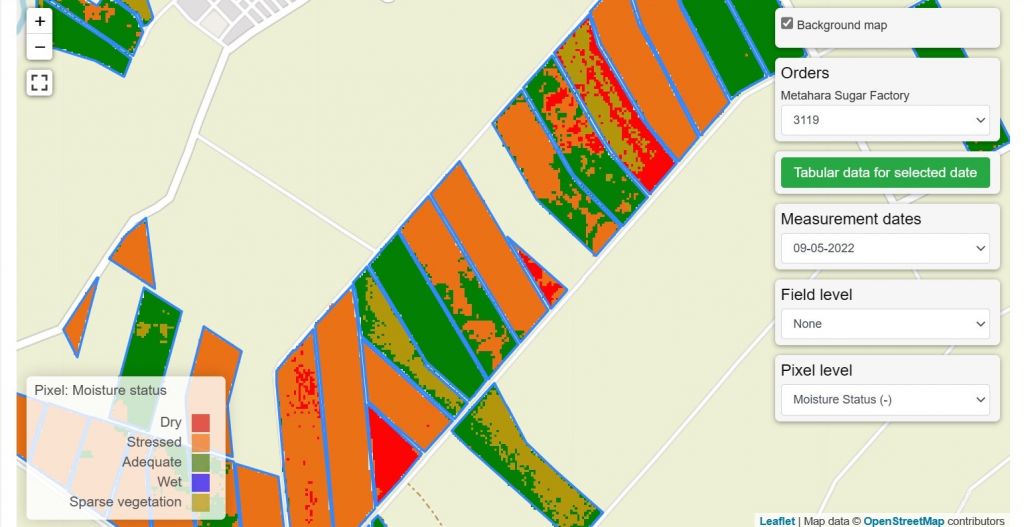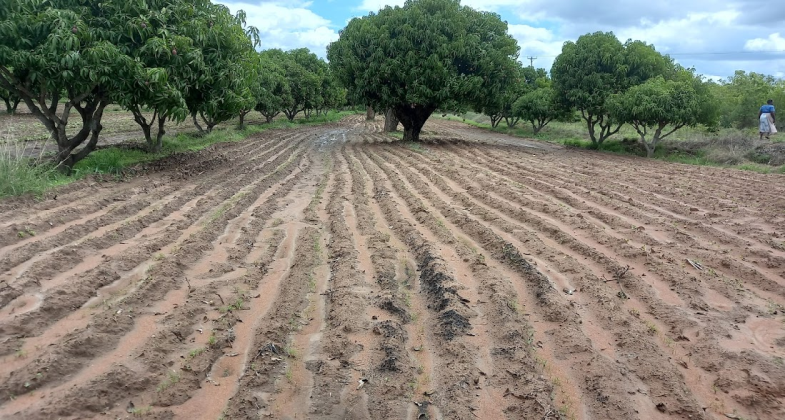Agriculture is one of the guiding focus areas of MetaMeta. Different topics are engaged such as Climate Smart Agriculture, Regenerative Agriculture, Water Productivity improvement and Soil & Water Conservation. The programs entail horizontal learning of farming practices, capacity strengthening, on-farm interventions, as well as M&E. Additionally, through automated open-access GIS systems we support information management in large scale irrigation systems.

Climate Smart Agriculture
Arid and Semi-Arid Lands (ASALs) make up 80% of Kenya’s land mass and are home to rural households living on less than a dollar a day and dependent on local natural resources. These areas receive erratic rainfall reducing water availability for growing trees and supporting agricultural activities. MetaMeta aims at enhancing farm productivity and profitability by providing an enabling environment for farmers to adapt to the negative effects of climate change. We promote climate mitigation measures to enhance resilience and reduce emissions. We achieve this through the integration of sustainable land management strategies: Insitu and exsitu water management, agroforestry, farm terracing, Conservation agriculture, Training farmers on the value of intercropping and crop rotation, Integrated crop-livestock management, leveraging local knowledge, technologies, and principles of sustainable agriculture.
Regenerative Agriculture
With the increasing climate change effects and population growth, there is a big loss in fertile soils, biodiversity and indigenous seeds. This poses a big threat to the sustainability of our future generation. For us to have wealthy farms that put food on the table, money in our pockets and well-conserved biodiversity, we need to protect and regenerate our agricultural, forest and rangelands. MetaMeta promotes restoration through advocating for regenerative agriculture and agroecological practices such as ; Bio-Gulley controls using bananas, nappier grass, vetiver grass and other local grass species growing, promotion of organic farming and ecologically pest management, training farmers on conservation agriculture, soil and water conservation, building the capacity of rural farmers through training and exchange visits, promoting the growing of cover crops, crop rotation, composting and pasture production, promotion of agroforestry and silviculture practices, minimal tillage and increasing on-farm biodiversity


Water Productivity
Agriculture is the largest consumer of water with an estimation of up to 70%. Improvement of Agricultural water management thus directly improves water allocation towards other sectors. MetaMeta Kenya looks at how to improve agricultural water productivity up to at least 25%. We promote this by assessing the biophysical aspect of water productivity (yield/m3 of water or biomass/m3) using insitu data, remotely sensed derived data from FAO WaPOR data, Irriwatch and drone technology. We provide visualizations for trends and spatial variations in Water productivity, Biomass and Yield production, Evapotranspiration, Transpiration and Interception hence water use, Land cover classification and land surface temperature over time. Advice on day-to-day irrigation practices, scheme performance; planning and strategizing (land and water productivity). Recommend on practice improvements with scheme managers. Provide trainings on how to use the WaPOR database to monitor water productivity.
Soil and Water
The main goal of soil and water conservation is to reduce soil erosion, improve water quality and maintain or enhance the productive capacity of land. At metameta we promote a variety of measures, such as terracing, contour ploughing and the use of cover crops to reduce erosion, construction of check dams, gabions, and other structures to control runoff and improve water management and implementation of sustainable land use practices, such as agroforestry, that can help to protect soil and water resources while also providing other benefits, such as increased food security and improved livelihoods.

